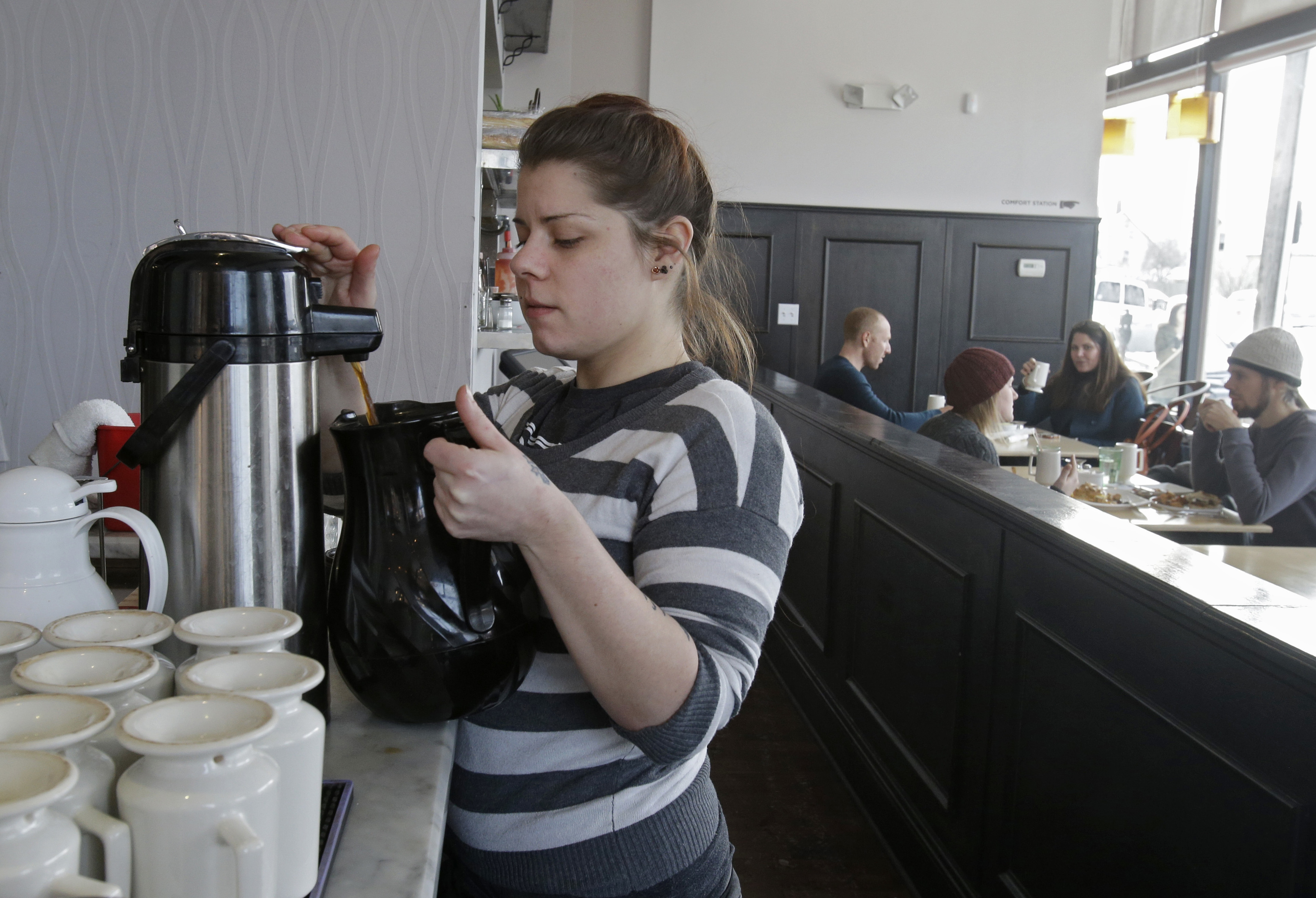"I am not myself if I don't have a coffee in the morning." Those who use this statement use it to demand their dose of caffeine to get going. But Science now gives it a cardioprotective endorsement: having it in the morning implies alower risk of dying from cardiovascular disease and overall mortality compared to those who drink it throughout the day.
The study, published today in European Heart Journal, has found the answer to the question of whether the timing of coffee consumption has health benefits. "Research conducted so far suggests that drinking coffee does not increase the risk of cardiovascular disease and seems to reduce the risk of some chronic diseases, such as type 2 diabetes. Given the effects of caffeine on our body, we wanted to see if the time of day when coffee is consumed has any impact on heart health."
This is how Lu Qi, distinguished chair of the HCA Regents and professor at the Celia Scott Weatherhead School of Public Health and Tropical Medicine at Tulane University in New Orleans, explains the reason for his research in this specific area. "This is the first study to test coffee consumption patterns and health outcomes. Our findings indicate that it is not only important if you drink coffee or how much you drink, but also the time of day you drink coffee. We usually do not give advice on timing in our dietary guidelines, but maybe we should consider this in the future."
In an editorial accompanying the study, Professor Thomas F. Lüscher from the Royal Brompton and Harefield Hospitals in London, UK, provides the scientific reasons behind this dietary note on coffee consumption. "Why does the time of day matter? In the morning, there is usually a marked increase in sympathetic activity when we wake up and get out of bed, an effect that fades during the day and reaches its lowest level during sleep."
Therefore, as the authors point out, it is possible that "drinking coffee in the afternoon or evening alters the circadian rhythm of sympathetic activity. In fact, many all-day drinkers suffer from sleep disorders. In this context, it is interesting that coffee seems to suppress melatonin, an important sleep-inducing mediator in the brain."
"In general, we should acknowledge the substantial evidence currently available that drinking coffee, particularly in the morning, is likely healthy. So, drink coffee, but do it in the morning!" concludes Lüscher in his article.
How Was the Research Conducted?
The study included 40,725 adults who participated in the US National Health and Nutrition Examination Survey (NHANES) between 1999 and 2018. As part of this study, participants were asked about all the foods and beverages they consumed on at least one day, including if they drank coffee, how much, and when. It also included a subgroup of 1,463 individuals who were asked to complete a detailed food and beverage diary for a full week.
Researchers were able to link this information with death records and causes of death over a period of nine to ten years. Around 36% drank coffee mainly before noon, 16% throughout the day (morning, afternoon, and evening), and 48% did not drink coffee.
Compared to people who abstain from this beverage, morning drinkershave a 16% lower chance of dying from any cause and a 31% lower risk of dying from cardiovascular disease. However, there was no reduction in risk for all-day coffee drinkers compared to non-coffee drinkers.
Morning coffee drinkers benefited from lower risks, whether they were moderate drinkers (two or three cups) or heavy drinkers (more than three cups). Light morning drinkers (one cup or less) benefited from a smaller risk reduction.
"This study does not tell us why drinking coffee in the morning reduces the risk of death from cardiovascular disease. One possible explanation is that consuming coffee in the afternoon or evening may alter circadian rhythms and hormone levels such as melatonin. This, in turn, leads to changes in cardiovascular risk factors such as inflammation and blood pressure," Qi states in a note distributed with the study.
However, the lead researcher acknowledges that this is a first step and there are limitations. "More studies are needed to validate our findings in other populations, and we need clinical trials to test the potential impact of changing the time of day when people drink coffee," Qi adds.
Although the editorial author values the work, Lüscher emphasizes that "over a mean follow-up of nearly a decade, and after adjusting for caffeine and decaffeinated coffee consumption, the number of cups per day, hours of sleep, and other confounding factors, the morning pattern, rather than the all-day pattern, was significantly associated with lower risks of all-cause mortality with a hazard ratio of 0.84 and cardiovascular mortality of even 0.69 compared to non-coffee drinkers."
